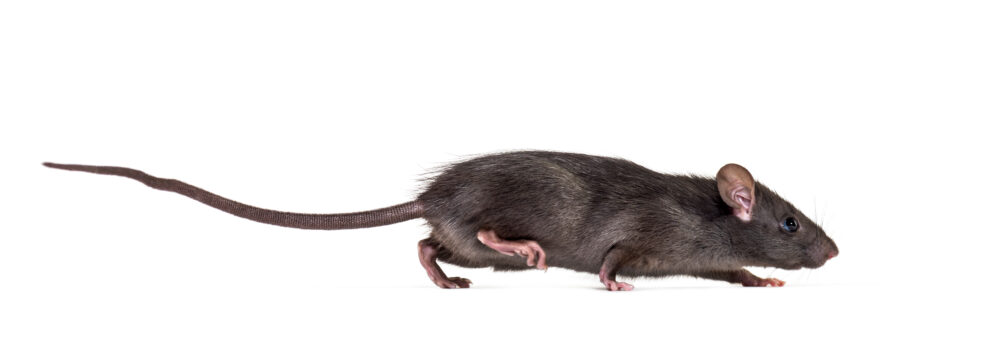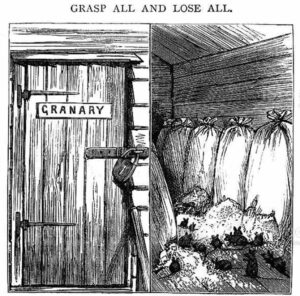Leptospirosis, also known at Wiels Disease, is an infection carried by some animals and passed on through their urine. It is best known as risk associated with rats, but cattle and even dogs can carry the bacteria.
Stores are a common place where we might encounter rats, or at least handle goods and equipment that carriers of the disease may have been in contact with.
Consider the risk of rodent activity in the store, especially if you store food sources such as seeds, and use rodent-proof containers for the storage. Should you have an issue, consult a pest controller to help manage the rodents.
Good hand hygiene is important when working in stores or outdoors. It is vital to keep cuts covered and wash your hands before eating, drinking or smoking.
The symptoms of Leptospirosis include:
- high temperature, or you feel hot and shivery
- a headache
- been feeling sick (nausea), you’re being sick, or you have diarrhoea
- aching muscles and joints
- red eyes
- loss of appetite
More serious symptoms require urgent medical treatment and include:
- yellow skin and eyes (jaundice)
- a rash
- being unable to pee
- swollen ankles, feet or hands
- chest pain
- shortness of breath
- coughing up blood
If you feel unwell and suspect Leptospirosis, seek medical advice immediately and tell the medical staff you work outdoors and are concerned about Leptospirosis.





